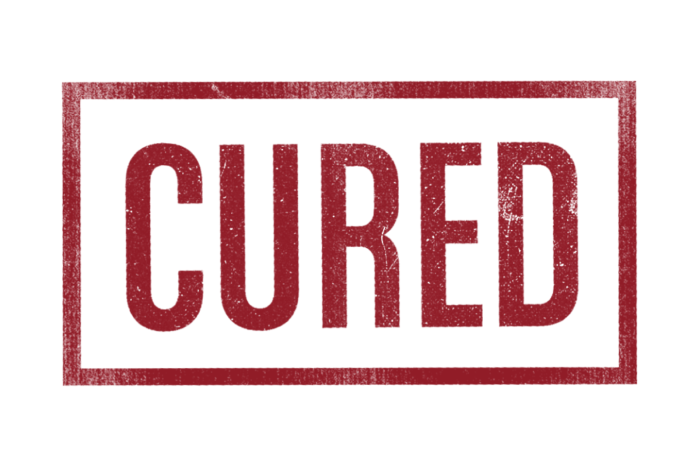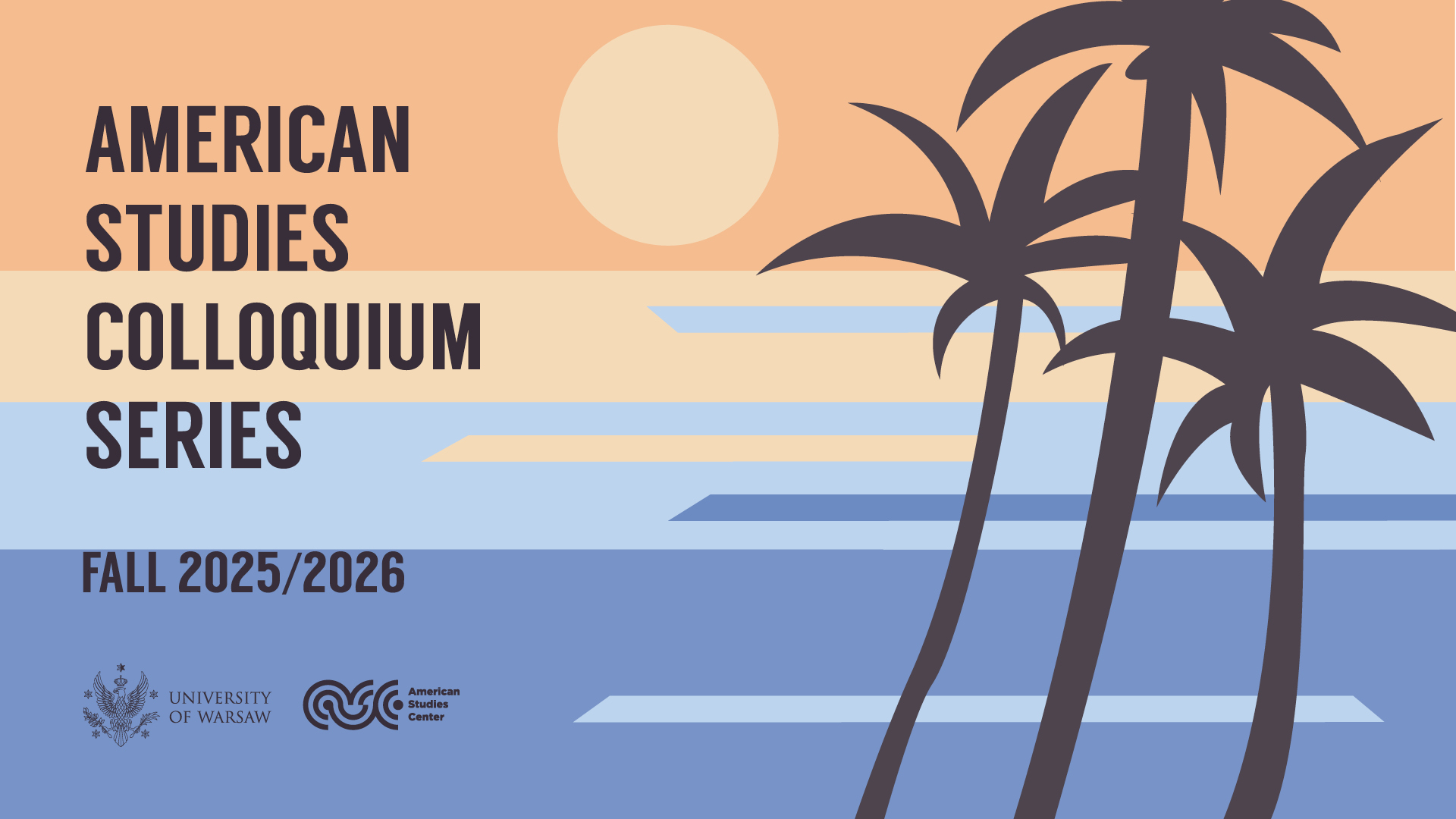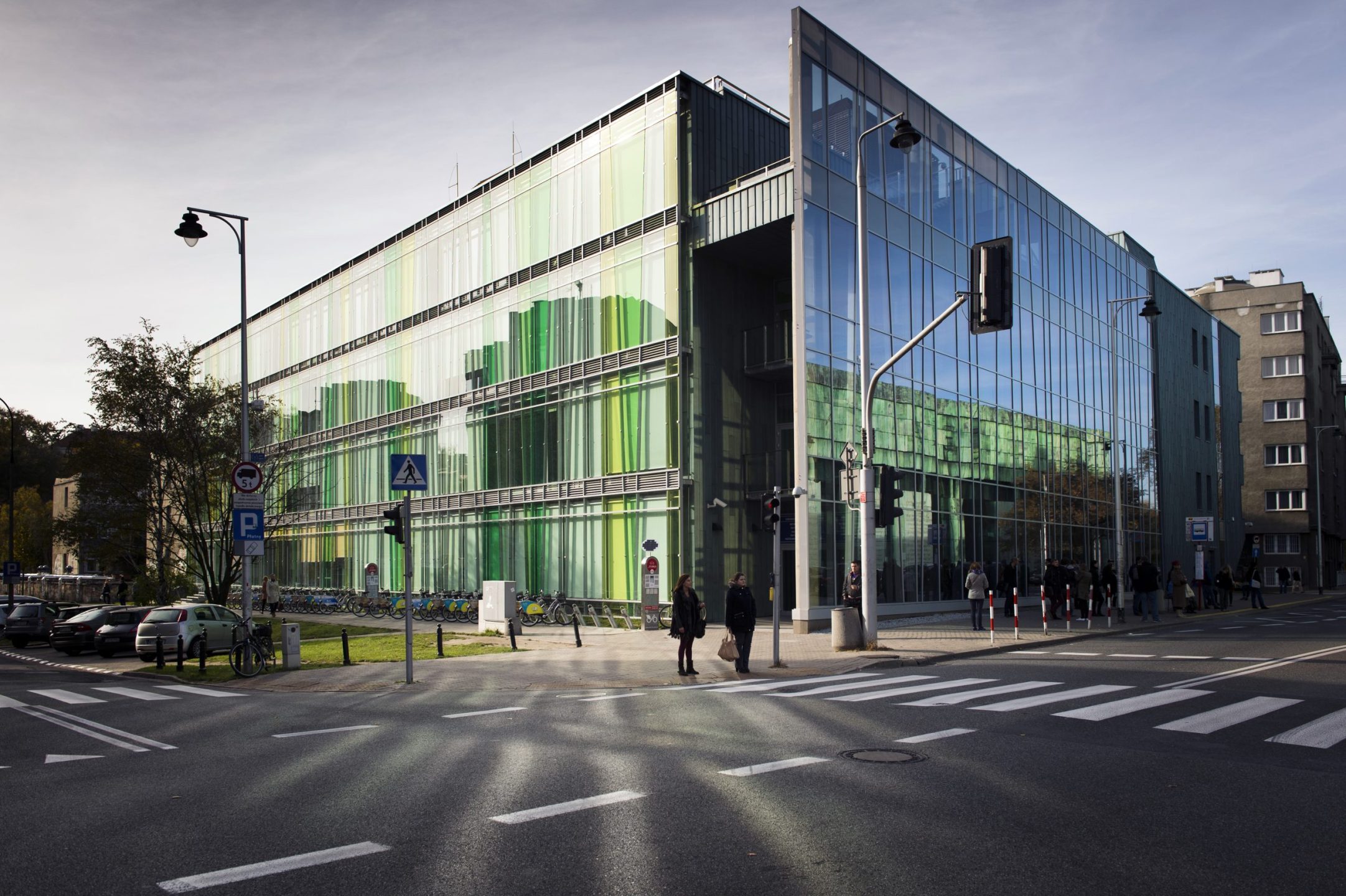The American Studies Center and the U.S. Embassy Warsaw invite you to a special private screening of the award-winning documentary CURED, which highlights a pivotal but little-known moment in LGBTQ history when activists and psychiatrists rose up to challenge a formidable institution — and won!
Join us on Friday, December 1st at 1:30 pm at room 0.410, ul. Dobra 55, for a live in-person screening of the documentary followed by a panel discussion which will feature co-directors Patrick Sammon and Bennett Singer!
The conversation and Q&A in English will be moderated by Dr. Jędrzej Burszta, American Studies Center.
3 OZN

CURED
Described as “fascinating” (Hollywood Reporter), “riveting” (The Queer Review), timely and urgent” (Cinerama Film), and “one of the best documentaries of this or any year” (British Film Institute) — and a 2022 Emmy Award nominee — CURED takes viewers inside the David-versus-Goliath battle that led the American Psychiatric Association to remove the diagnosis of homosexuality from its manual of mental illnesses in 1973.
While CURED highlights a little-known story from the past, its lessons are profoundly relevant in today’s ongoing global fight for LGBTQ equality. Ultimately, the documentary celebrates the pathbreaking contributions of LGBTQ pioneers while demonstrating that even in the face of seemingly insurmountable obstacles, determined individuals can work together to create lasting social change.
Watch the trailer for CURED.
We hope you’ll join us to watch and discuss this inspiring film!




